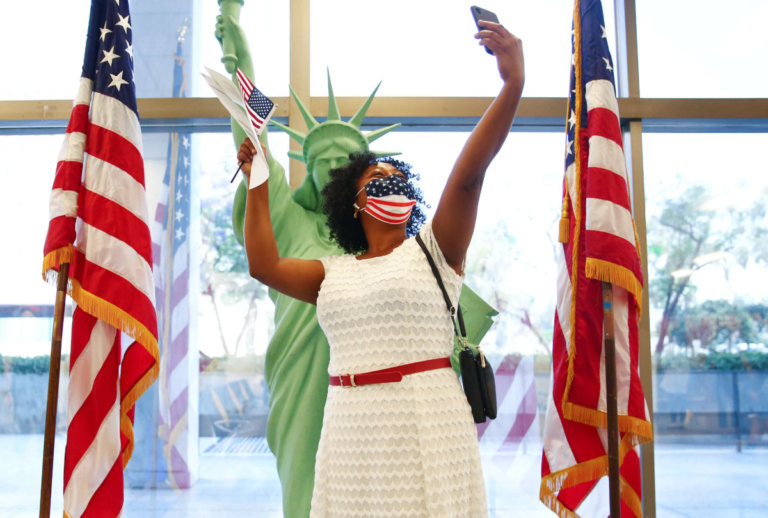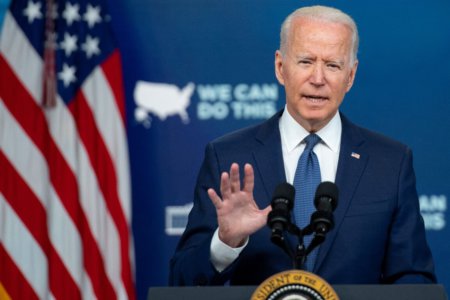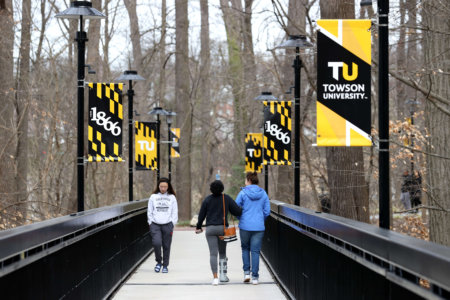
The United States Citizenship and Immigration Services (USCIS) has announced that it will now grant F-1 visa status upon approval, eliminating the need for international students to change or extend their non-immigrant status. This is especially welcome news for immigrant children in the US — those who grew up in the US but were not born there, also called Documented Dreamers — who must transit to an F-1 visa or return to their “homeland” when they turn 21.
As stated in a memo: “To prevent a gap in status, USCIS will grant the change of status to F1 effective from the date of an applicant’s Form I-539 – this form is the one used to apply to extend or change nonimmigrant status.”
Students had to previously maintain their status for up to 30 days before the programme start date listed on their Form I-20. This meant filing for extensions, sometimes repeatedly, in order to maintain a legal non-immigrant status without any gaps.
A welcome result from this is the reduced cost to both applicants and the federal government. Fewer extension applications means fewer documents to process. At the same time, F-1 visa holders are reminded to follow the conditions of their visa closely, even if their change of status is approved more than 30 days before their course begins.

The Biden administration aims to ease processes for international students with relaxed measures such as these. Source: Robyn Beck/AFP
Welcoming F-1 visa flexibilities in the Biden era
This latest move will help children of H-1B visa holders such as 21-year-old Pareen Mhatre, who moved from India to the US as a baby. Prolonged waiting periods have caused her to “age out” of the system; unable to be listed a dependent, yet still waiting to obtain F-1 status. She told Study International that the issue could be curbed by “freezing the age of children for when our parents’ employers file for permanent residency, get work authorization at an early age, and overall, create a safe pathway for citizenship for Documented Dreamers”.
Earlier this month, the Biden administration (via the Department of Homeland Security) decided that there would be no fixed time limit on the F-1 visa, allowing international students to breathe a sigh of relief. DHS said it received roughly 32,000 comments in the month after the rule was recommended. More than 99% of those opposed the plan, calling it discriminatory, unnecessary, and costly as many students would need to apply for extensions.
In related news, the Departments of State and Education have released a joint statement pledging “renewed commitment” to promote the US as a study destination. US Secretary of State Antony J. Blinken said that international students may contribute over 39 billion US dollars to the economy and support 410,000 jobs, the US should look beyond the bottom line.
“The fact that we’re a magnet for so much global talent is a powerful source of economic strength and resilience,” he said. “As someone who spent my own teenage years studying abroad, I know that learning to see the world through the eyes of people from different cultures and countries is something that you carry with you for the rest of your life.”










